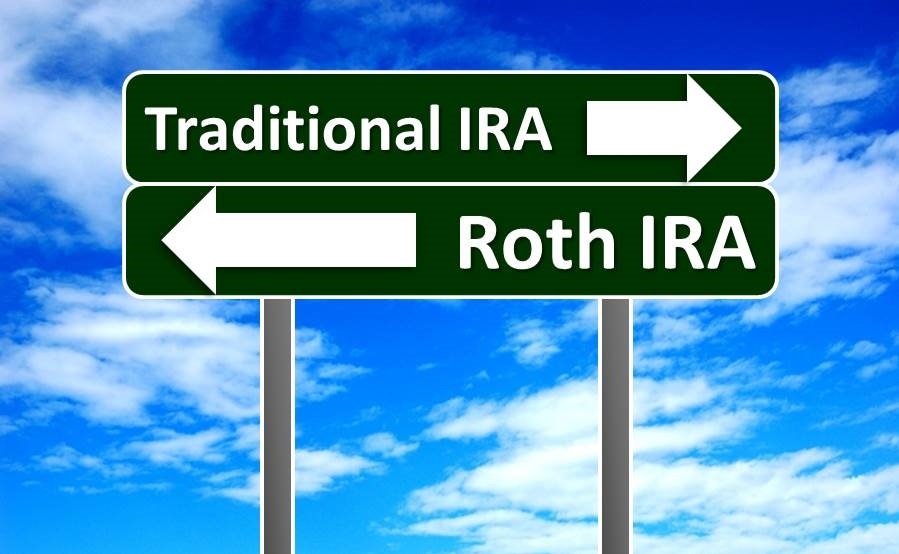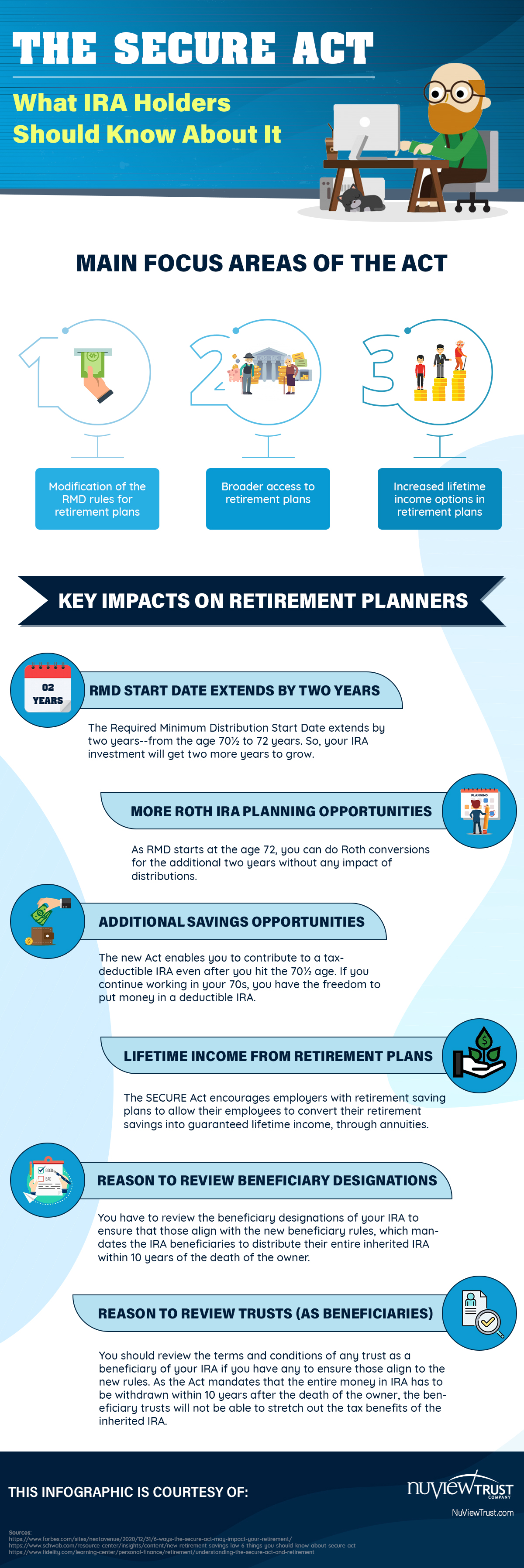Is A Roth Conversion Right For You?
June 1, 2020

During these turbulent times, Benjamin Franklin’s famous idiom in his letter to Jean-Baptist Le Roy rings true, “…but in this world, nothing can be said to be certain, except death and taxes.” While taxes may be inevitable, there are some strategies that can be implemented that will prevent filing your returns from feeling like a do-it-yourself mugging. We’re not going to touch on the complicated and convoluted tax strategies of the uber-wealthy, there’s something much simpler that’s certainly worth considering and likely worth doing- a Roth conversion.
Continue reading…







